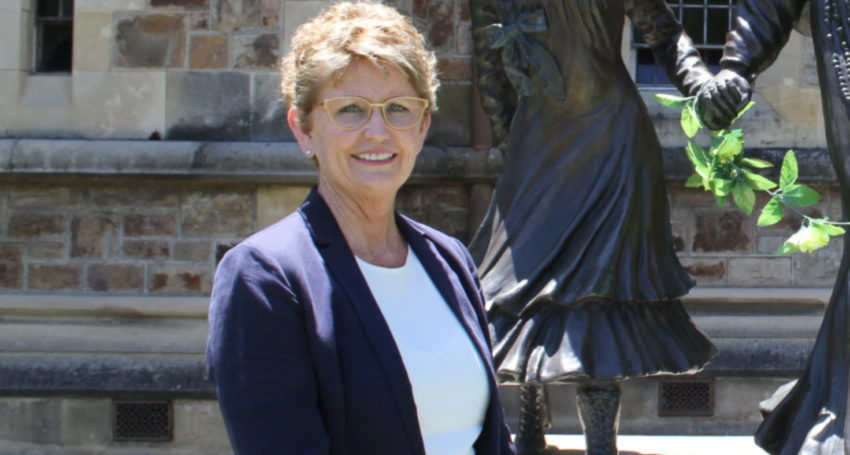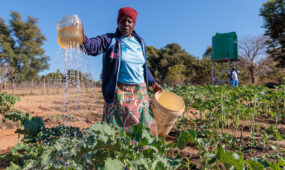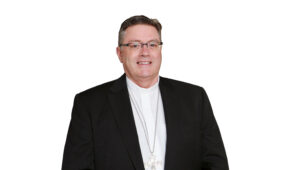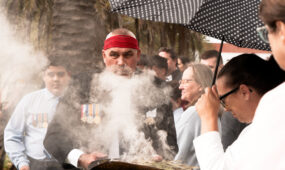Healthy relationships take time and effort
News
Humans are meant to be in relationships but keeping them ‘healthy’ takes a lot of effort and is a life-long process, the Cross Road Forum was told last month.

Deputy director of Centacare and a Chancellor in the Archdiocese, Pauline Connelly, put on her ‘relationship counsellor’ hat to tackle the tricky question of ‘how to maintain healthy relationships’ and revealed it was an ongoing and multi-layered process.
“It’s impossible to have a relationship always running smoothly and it’s the belief and commitment in the relationship that keeps you going until you fall back into love,” Ms Connelly explained in her presentation that addressed relationships with self, with others and with Jesus.
Advertisement
“We are relational and we are all born with a need to belong, to be understood, to be wanted, to be desired, to be able to contribute, to find meaning,” she told the October gathering, adding that it was her relationship with Jesus that sustained her.
“For couples, each individual’s personal relationship with Jesus will be different. They will be different because Jesus meets each of us where we are at and we are all at different places. But it will definitely inform the relationship, and if one does not experience a relationship with Jesus, respecting that is key.
“When we sit with Jesus we grasp a bit of the true sense of us and it’s not often pretty, but it’s always lovable in Jesus’ eyes, and I believe this assists us in not just the way we view ourselves in relationships but the way we view others.”
Ms Connelly told The Southern Cross that before working on relationships with others, a person needed to have some sense of self-awareness.
“Discovering who we are, what makes us tick, what are our intentions, our attitudes, our values, our expectations…it’s important we take time to reflect on this and get to know ourselves, as this is what we bring into a relationship. If we don’t take time to observe ourselves, to be curious about ourselves, we take the risk of simply responding and reacting, and this can impact on the wellbeing of the relationship.”
Ms Connelly cautioned about the desire to gain other people’s approval and letting their judgement of you influence how you see yourself. She suggested a person would never be free to develop and grow into the person they were meant to be, if other people’s opinion of them became the barometer for how they see themselves. However, she pointed out that listening to and reflecting upon the feedback they received, especially if their behaviour was negatively impacting on someone or a situation, was important to do.
“We need to accept our faults, our imperfections, but reflect and observe if they are impacting on our or others’ wellbeing and if they can be worked on,” she said, lamenting that often we were too critical of ourselves.
“Without self-compassion I don’t believe that any other relationship we are in can be genuine.
“We can become harsh judges of ourselves.”
Ms Connelly added this path of self-discovery was an important step in maintaining relationships.
Advertisement
“The key questions in any relationship are who am I, what do I bring, how are you and where do we place ourselves in terms of each other?
“Couples can drift apart for many reasons – busyness, kids, tiredness, jobs, never getting time together.
“When I was doing relationship counselling I found there were two really important virtues that stood out and helped a relationship survive – respect of the other, and a belief that the relationship was meant to be.
“No matter how messy it seems at the time, or how distant they feel from one another, the couple know they are meant to be together – they believe it is their vocation, or that they are soulmates or the universe organised it – but there is a belief.”








Comments
Show comments Hide comments